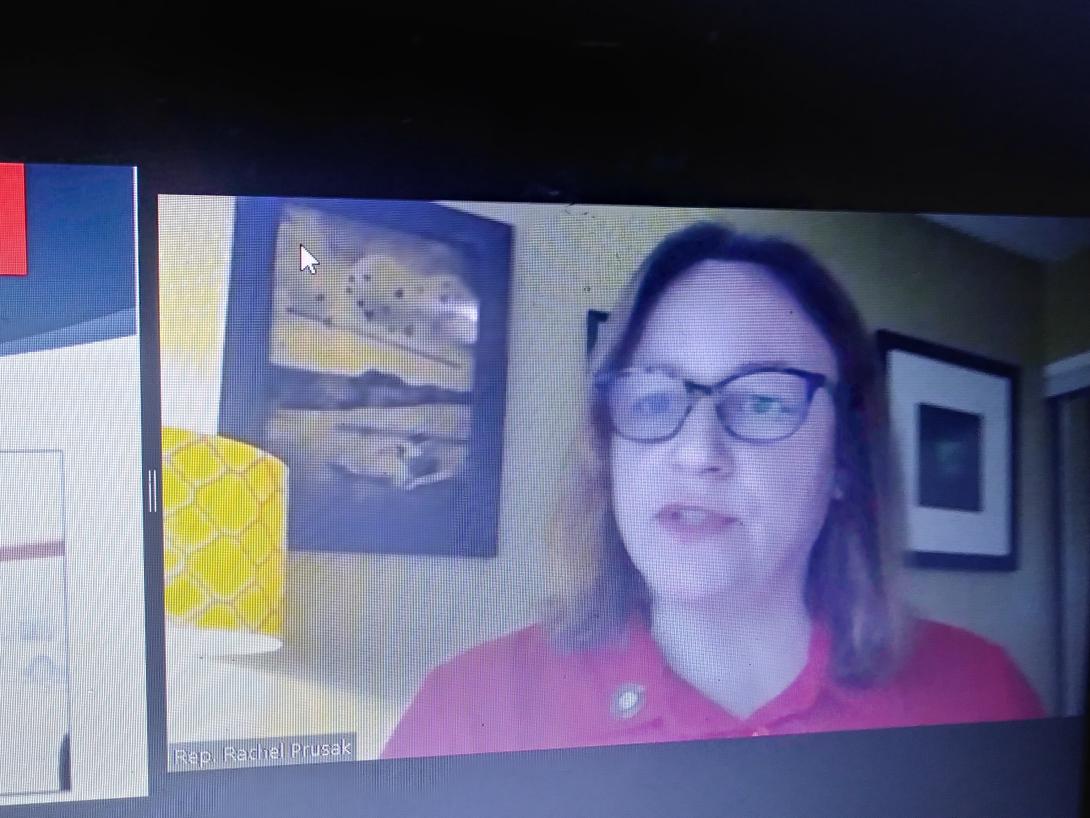
The pandemic has expanded the use of telehealth, but not everybody has equal access to the technology. Homeless and impoverished people often lack mobile devices, and patients in rural and frontier areas of Oregon have poor or no broadband access.
A panel of five experts discussed this problem and the impact that the expanded use of telehealth has had on health care on Wednesday in a forum sponsored by the Oregon Health Forum, an affiliate of The Lund Report. The virtual event had nearly 500 attendees.
Telehealth use increased across-the-board as providers looked for ways to serve more patients and keep them safe during the pandemic, they said.
Now, providers want to build on that.
“It’s clear that we need to keep up on the momentum,” said Abby Sears, chief executive officer of OCHIN, a Portland-based nonprofit health care innovation center.
To do that they need to increase patient access and receive adequate reimbursement for visits, Sears said.
The federal government has stepped up efforts to fund telehealth services. The Federal Communications Commission on Wednesday announced $20 million in grants to 67 different providers for telehealth services, including two in Oregon. Portland-based Volunteers of America Oregon will receive $740,513 for a telehealth platform, laptop computers, videoconferencing equipment and software and network upgrades. Providers will use it in work with patients on substance use, mental health, and behavioral health issues.
Prism Health in Portland will receive $28,131 for video conferencing software licenses and equipment for telehealth visits. Prism Health serves lesbian, gay, bisexual, transgender and queer patients as an extension of the Cascade AIDS Project,
Telehealth has advantages beyond convenience, said Max Janasik, chief executive officer of One Community Health of Hood River, a federally qualified health center.
“A physician can have a window into a home,” he said.
Janasik gave an example of how a physician can observe a patient perform everyday activities and help organize medications.
Dr. Stella Dantas, associate medical director of ambulatory and convenient care at Kaiser Permanente, said people with young children or caregivers for the elderly are appreciative of telehealth.
Dantas said patients have found telehealth can help them during a variety of settings, including primary care and chronic conditions.
But challenges remain. Rep. Pam Marsh, D-Ashland, said broadband access in rural areas is nonexistent. Others cannot afford to pay for the technology.
“While some of us are equipped with broadband that will enable us to cruise into the future, a significant number of Oregonians are falling behind,” Marsh said.
Rep. Rachel Prusak, D-Tualatin/West Linn and a family nurse practitioner, said the pandemic has focused attention on pay parity for providers who offer telehealth. Before the pandemic, there was less openness to those conversations, Prusak said.
“If there is a silver lining, it has pulled the curtain back on a lot of injustice out there,” Prusak said.
Prusak said it’s critical for providers and patients to have pay parity in the long-term future, including during disasters. Pay parity gives providers a similar reimbursement for telehealth care without requiring an in-person patient visit.
“Right now, it’s COVID-19, but we will have earthquakes, we will have fires and we need to make sure at all times providers can see patients,” Prusak said.
Prusak added: “We need this tool in our toolbelt for everyone.”
The event moderator was Lori Laubach, practice partner at Moss Adams LLP, an accounting and consulting firm that works in the health care industry and other sectors.
You can reach Ben Botkin at [email protected] or via Twitter @BenBotkin1.